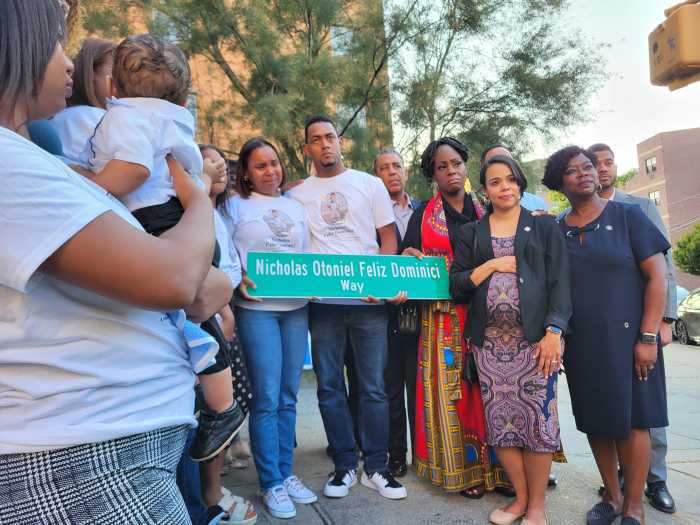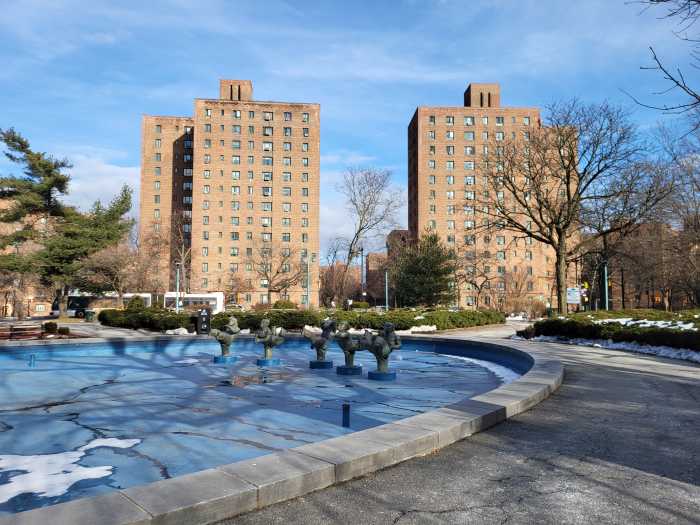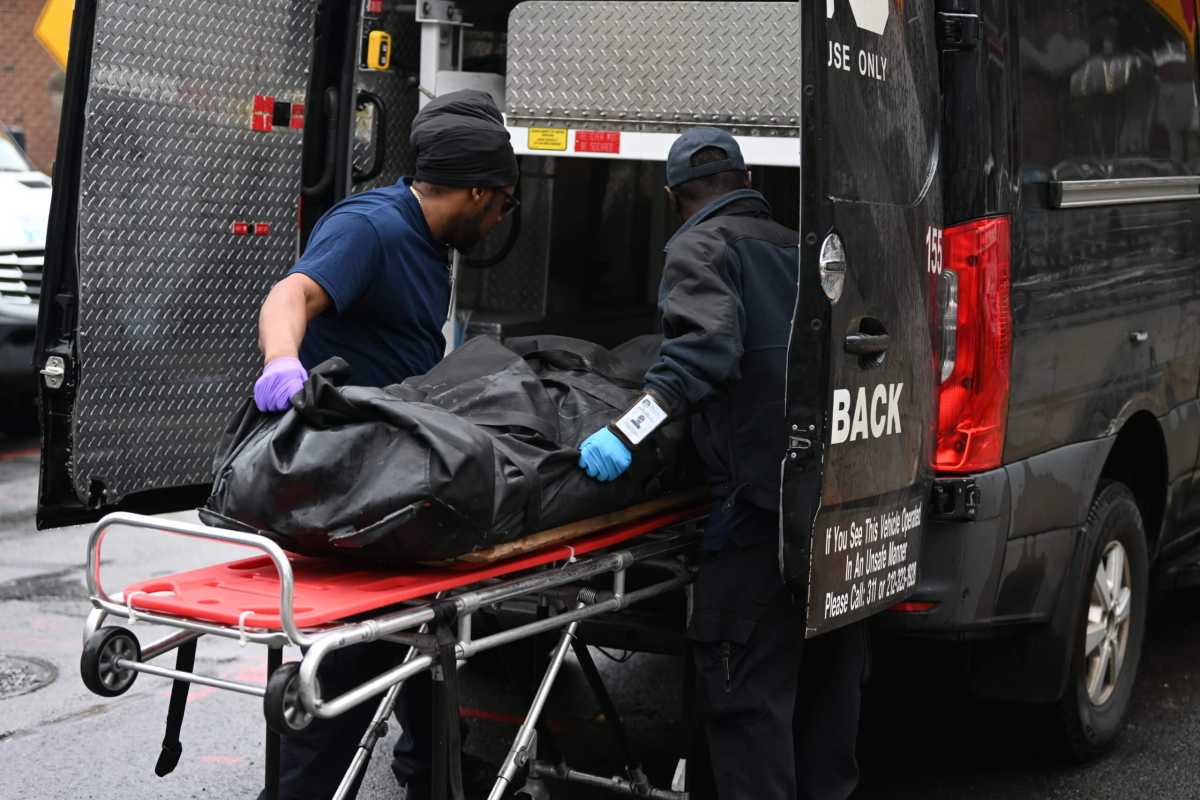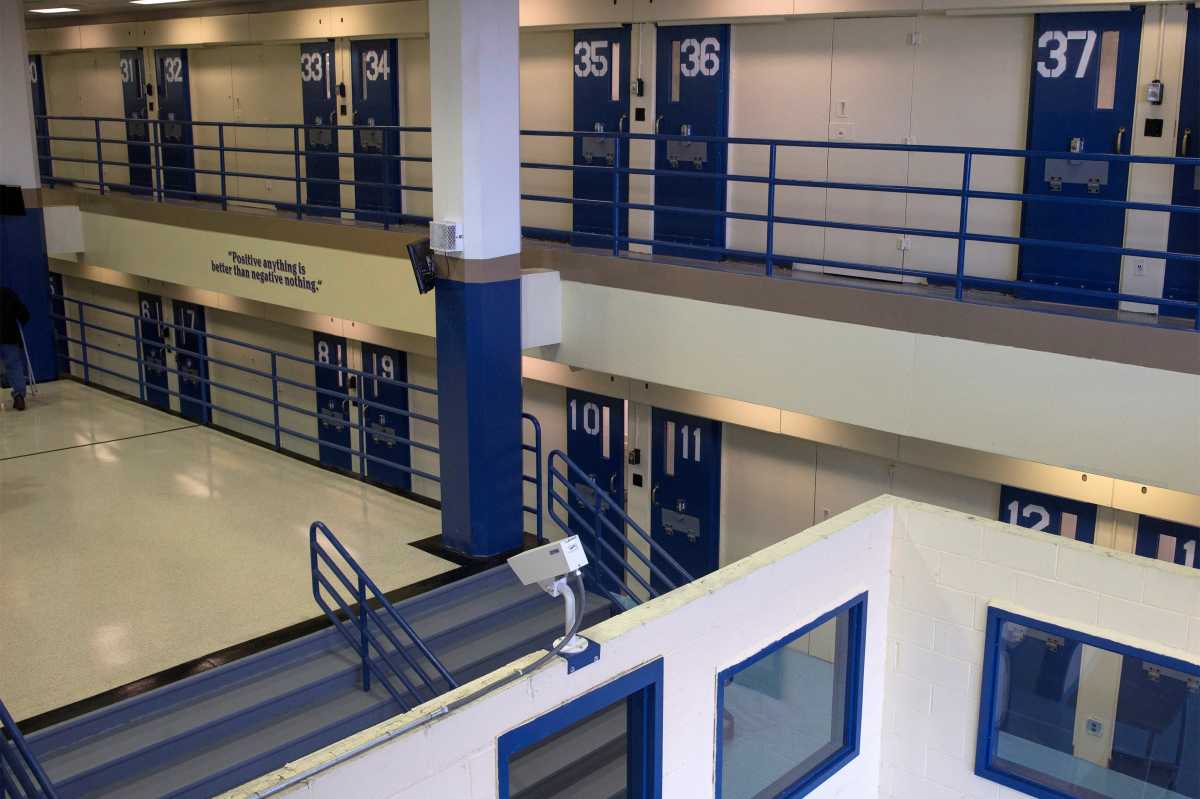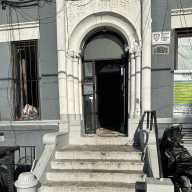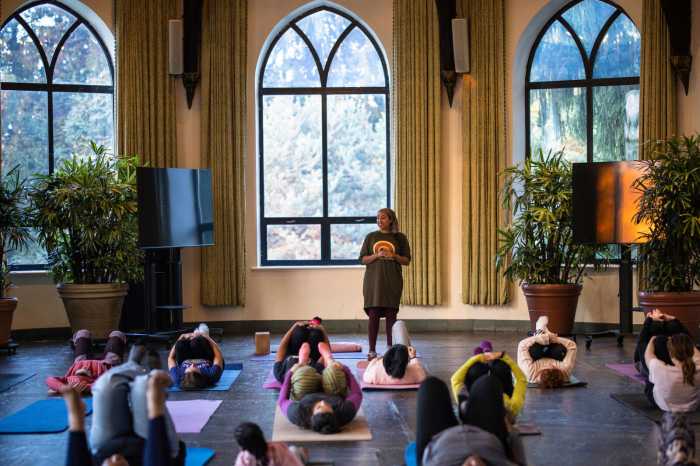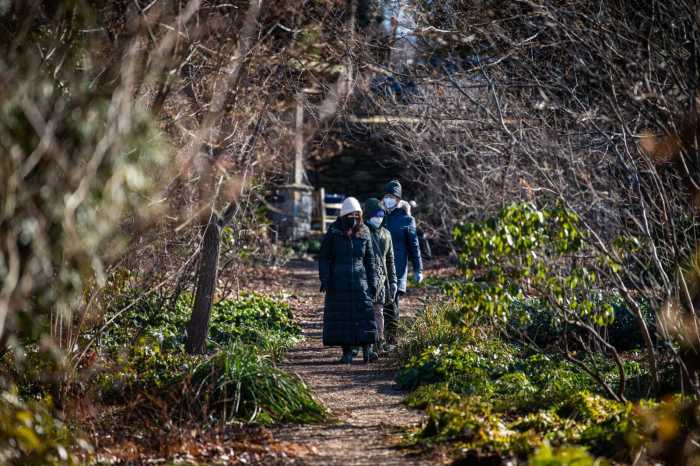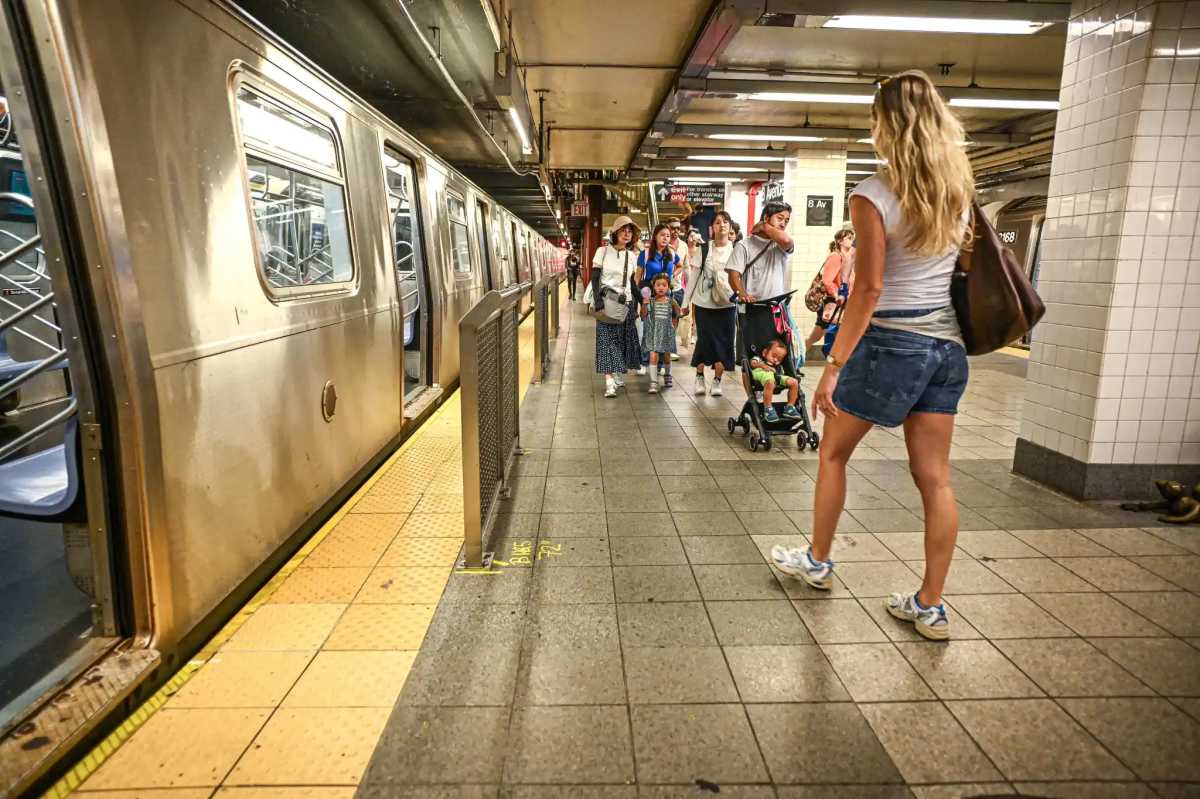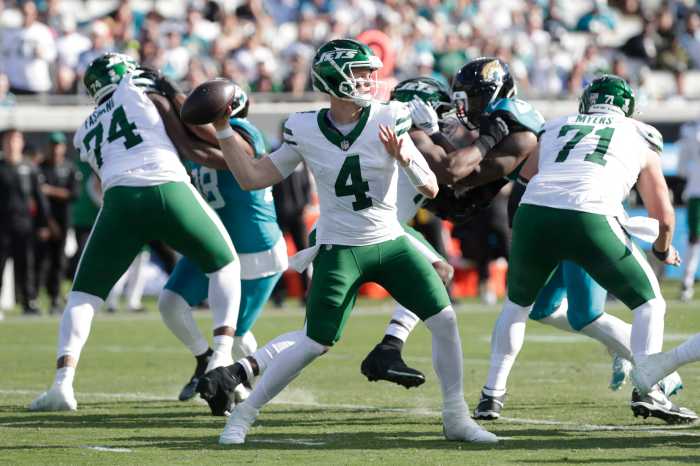The Bronx Defenders is one of five public defender services demanding more funding from the city in this year’s budget, including a combined $125 million ask that would increase salaries for public defenders, meet the needs of New York’s ultra-strict discovery laws and combat attrition in those offices, that they say, is contributing to court delays in their respective boroughs.
Roughly 80% of people charged with a crime cannot afford to pay for a private lawyer and rely on an appointed attorney or public defender to represent them, according to the Pew Research Center.
The Bronx Defenders told the Bronx Times that they’ve operated on a $56 million budget in the current fiscal year, which pales in comparison to city prosecutor budgets and below what is needed to meet the standard of rising caseloads in the city since the onset of the pandemic.
A precedent was set in the U.S. Supreme Court 60 years ago regarding those accused of crimes without the means or resources to attain legal representation. In Gideon v. Wainwright, the high court guaranteed criminal defendants unable to afford legal representation the right to counsel, obtained through a legal representative provided by the state, which established the role of the public defender in the U.S. justice system.
Fast-forward to today and NYC’s public defenders find themselves facing double-digit levels of attrition amid lack of significant wage increases and growing caseloads, and cite an inability in both retaining personnel to handle cases or represent their clients, most of whom are Black, brown or immigrant New Yorkers unable to afford legal defense.
Other budget demands by the Bronx Defenders include an increase of $300 million for civil legal services providers who administer critical housing, eviction and immigration services, as well as an additional $30 million for New York’s family defense legal providers to meet caseload standards, provide legal services for parents and social work for parent advocates.
“When we are underfunded, it doesn’t just undermine our mandate to provide legal and support services, but the legal rights of every New Yorker,” said Justine Olderman, executive director of the Bronx Defenders, which represent 20,000 low-income Bronx clients yearly. “Every day, thousands of New Yorkers come through our doors fighting to stay in their homes, reunite with family, and access services they need. Yet the City’s inability to meet its funding and contracting obligations, while touting the high quality representation and services we provide, is a slap in the faces of struggling New Yorkers. New York’s actions must match its rhetoric. We demand fair funding in this year’s budget.”
Roughly 40% of counties in the U.S. are classified as “legal deserts,” where there is a severe shortage of attorneys with fewer than 1 lawyer per 1,000 residents, according to the American Bar Association.
According to data collected and reported by local public defender offices, attrition rates hover near 25% in some instances, with some groups seeing major jumps in attrition from 70% to more than 200% over a year’s span.
A myriad of factors, public defenders say, have contributed to a near unworkable climate, including the high expenses of living in New York City, inflation’s impact on public sector employment and massive backlogs in the city’s courts.
Wakefield Councilmember Kevin Riley is one of a few on the City Council who voiced support for the city’s public defenders and the need for more funding.
“Action is needed now to address ongoing issues with urgent investments, not budget cuts or underfunding,” said Riley. “Cutting funding to an already overwhelmed system not only seeks to further disenfranchise low-income families and communities of color, but it also exacerbates the lack of resources, staffing, and support our providers need to meet the City’s high-demand for critical services.”
The next fiscal year begins on July 1, which is when the new budget will take effect. The 51-member City Council will vote on the adopted budget in June.



